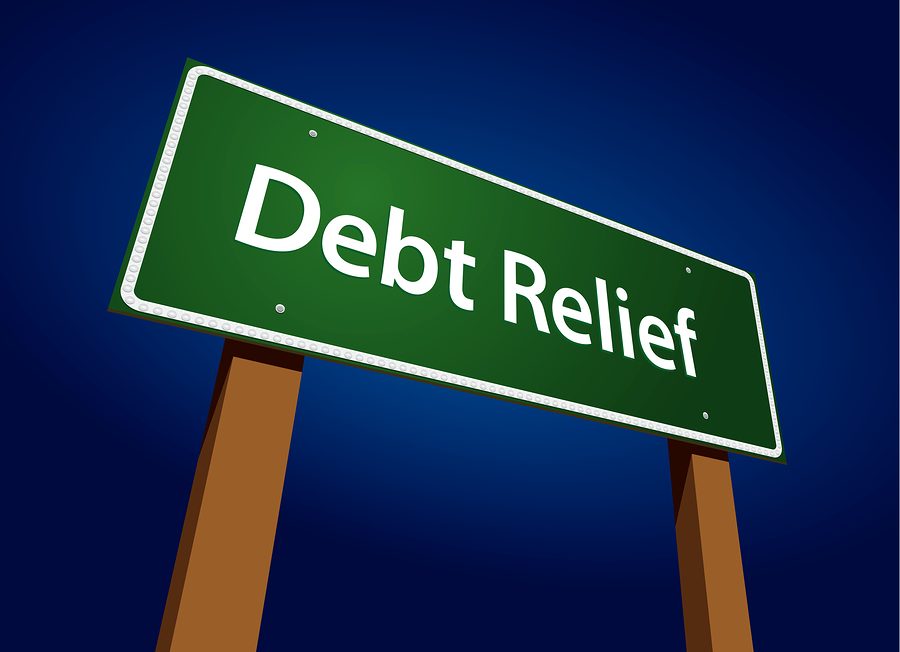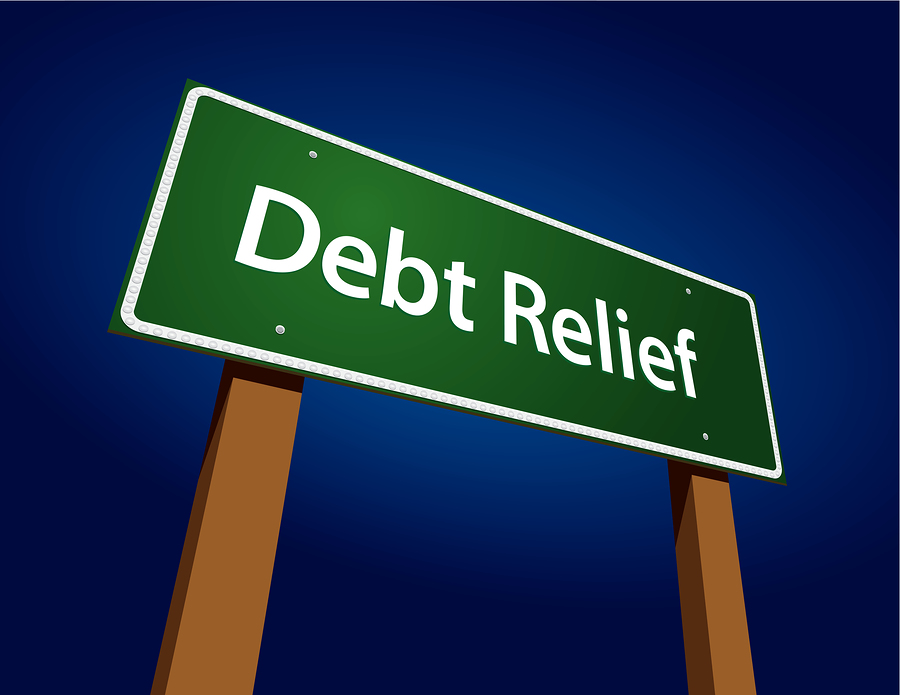Debt Relief or Bankruptcy- Which Option Is Right For You?

It is the 21st century and debts are now a harsh reality which cannot be ignored. As debts are growing, it seems as if the world economy is edging towards a global crisis. However, with evolving debt, debt management and mitigation techniques have evolved as well, and there are a number of strategies which you can adopt to manage and effectively get rid of debt.
Debt relief refers to total forgiveness of debt by a creditor under certain terms agreed upon by both parties. There are a number of ways to go about this, each involving a different method of approaching the collector and negotiating with him to mitigate or reduce the debt amount. Debt consolidation, for example, involves reorganization or “balling up” of debt into a single large payment, in exchange for the rest of the debt being waived. To know more about debt relief visit our site.
Bankruptcy is a procedure through which you can attain the protection of the federal bankruptcy court and eliminate or restructure most debts. Bankruptcy is an option which can be availed by individuals as well as small businesses. The more common ones are Chapter 7 and Chapter 13. The two have a number of differences, but the basic one is that Chapter 7 is more about elimination while Chapter 13 is about restructuring debts and building a better repayment plan.

Seeking debt relief keeps your credit rating normal, as it is not a matter of public record. Most debt relief agencies are private agencies, so they can conduct the negotiations confidentially without having this affect your credit situation.
Bankruptcy, on the other hand is an official status, and records of the same can be accessed at federal bankruptcy courthouses or through PACER, an electronic subscription-based service. Loans you take for debt consolidation can show up on credit score but don’t lower it as much as filing for bankruptcy does.
Another advantage of debt relief is that most cases allow you to hold on to your credit cards, unless you are in default or owe a tremendous sum already. This is still useful in emergencies. Bankruptcy entails that you let go of most of your assets, and even then, you will have a supervisor breathing down your neck, ensuring that you do not get any spare money to spend on anything but the bare minimum, so that the repayment is done as fast as possible.
If you successfully manage debt relief, you will have slashed your debts as well as gained a better repayment plan with reasonable interest rates and smaller payment each month. It is even better if you consolidate it, as then monthly payments will also not be needed.
Protection: In bankruptcy, you are protected against creditors by a system called the automatic stay. It prohibits collectors from engaging in any form of collection activity against you. It does away with harassing phone calls, foreclosures, lawsuits etc.
A Fresh Start: If you go for Chapter 7, most unsecured debt is eliminated, from credit cards to medical bills, and you could let go of cars or items on lease if you can’t pay the bills. It is like wiping the slate clean and allowing you to start anew. Chapter 13 could allow you to keep the leased items, but restructure the lease agreement such that you can afford it. This also prevents foreclosure of homes and property.
Credit Rating: Filing for bankruptcy takes a huge hit on your credit score. It lowers it to a huge extent, and also stays on the report for as long as seven to ten years. This may not be much of an issue if your rating is already poor due to heavy debt. Once the bankruptcy is over, you will have a clean slate and may even secure financial assistance from some solicitors who are willing to help people out of bankruptcy.
Sacrifice: A number of possessions and assets may be liquidated to pay off your debts. Also, under chapter 13, you will be given a strict budget for three, sometimes five years, and will not be allowed to get even a dime of credit outside this budget, unless it is approved by the court. Your supervisor will always be on the lookout.
Reputation: Your peers and your employer may get to know about your status as bankrupt if they get access to your credit report, or maybe if the plan payments are directly deducted from your payroll. This may bruise your conscience. Although it is a matter of public record, most people do not get to know of your bankruptcy unless they owe you money.
You must keep these in mind when evaluating what road you want to take to get rid of your debts.
